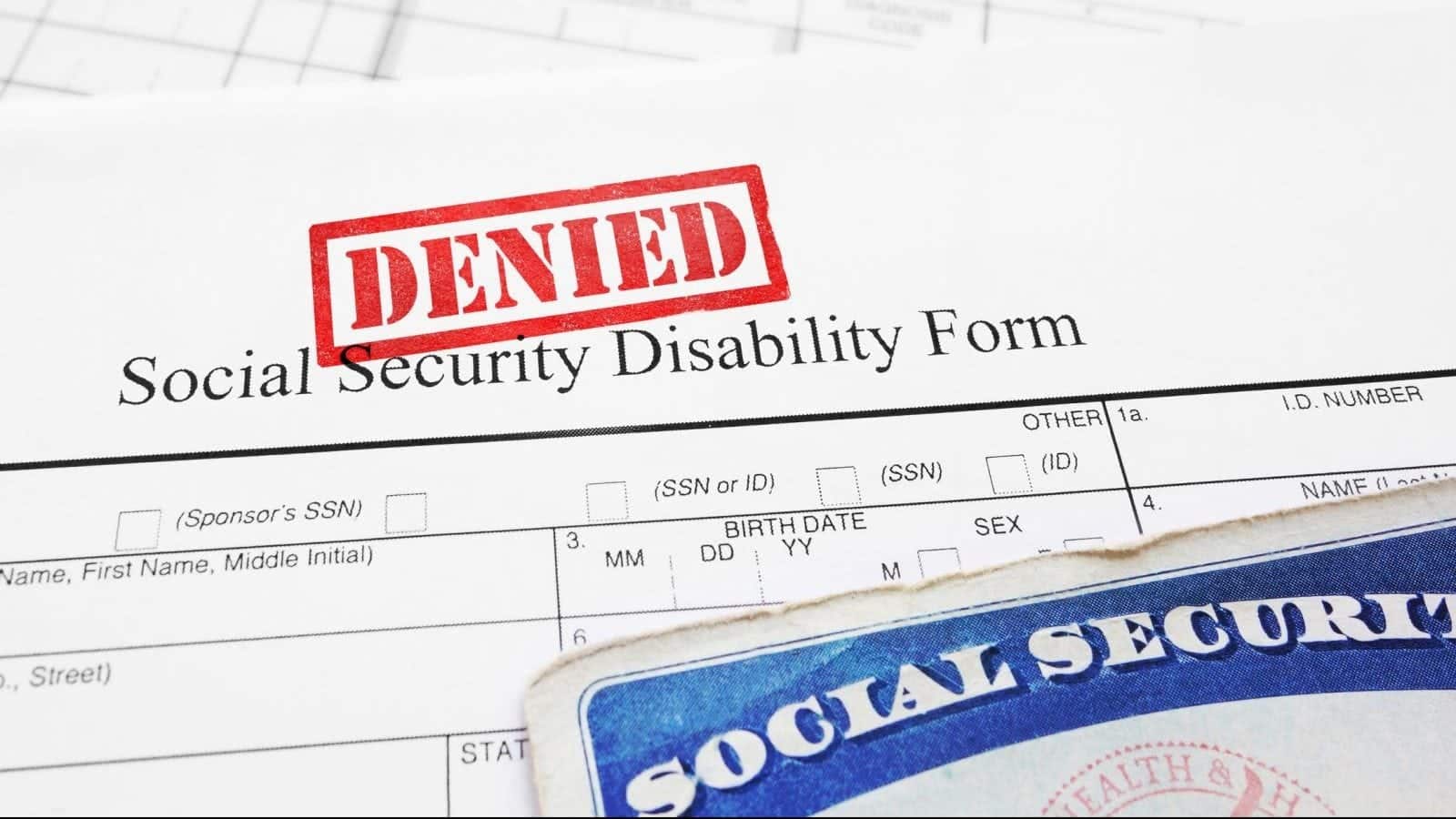
If you’re unable to work due to injury or disability, then you can apply for either Social Security Disability Insurance (SSDI) or Supplemental Security Income (SSI) benefits depending on your work history.
Applying for SSDI or SSI can be a very long, complex process, and there are a variety of ways that your needed benefits may be denied. If you want to fully prepare for the process of applying for your disability benefits, then you need to learn about a few reasons your benefits can be denied. Here are a few of the top reasons for a Social Security benefits denial and advice for correcting the issue to receive the benefits you need.
Too Much Income
The main reason your benefits may be denied is that you make too much money. If you are applying for SSDI, you can only earn $1,170 per month before you will be ineligible for benefits. With SSI, the limit for earned and unearned income is $1,500 per month. Once your income surpasses $800, your benefits will be reduced.
The Severity of Your Disability
For you to receive either SSDI or SSI, your disability must be severe enough that it will last for a year or more or will cause your death. Blind applicants are exempt from this rule. For instance, many claims based on bone fractures will be denied because this injury will heal in less than a year. If your disability is deemed not to be severe enough, your benefits will be denied.
You Cannot Be Contacted
When applying for benefits, both the Social Security Administration (SSA) and Disability Determination Services (DDS), must be able to contact you whenever they need. If these agencies are unable to contact you to resolve important matters, then your application will almost always be denied.
You Are Uncooperative
During the application process, you must provide the SSA with a large amount of information, including granting them access to medical records. The SSA may also request that you attend a consultative examination (CE). If you do not cooperate with these requests, the SSA will deny your claim.
You Don’t Follow Therapy
Another reason your disability benefits may be denied is your failure to cooperate with therapy prescribed by your treating physician. While the SSA acknowledges there are legitimate reasons for failing to follow a doctor’s orders, such as a severe mental illness, a diagnosed phobia of things like surgery or physical inability, those who refuse to follow treatment when they are able will be denied benefits.
Disabilities Due to Drugs and Alcohol
If your use of drugs or alcohol are determined to be a contributing factor to your disability, you will not be able to receive benefits. However, this only applies if stopping drug or alcohol use would cure your disability. If not, you may still be able to receive benefits.
Conviction of a Crime
You may be unable to receive SSDI or SSI benefits if you have been convicted of a crime or are currently imprisoned. For example, if you are in prison for a felony and are not in job oriented rehabilitation program or expected to be released soon, if your injury occurred while committing a felony, or if you were hurt in prison, your claim has a high chance of being denied.
You’ve Committed Fraud
The SSA takes fraud very seriously. If you commit fraud to receive benefits, your benefits can be terminated or denied, and you may be prosecuted for your crime.
Get Help After a Denial
If you believe that you have been unfairly denied Social Security benefits, then you need assistance from the Law Offices of Dr. Bill LaTour. We understand how difficult it can be to experience a denial of the benefits you so sorely need, and we are here to help you. We’ve been helping disabled individuals in the Greater Los Angeles area, the Inland Empire, and Orange County get the disability benefits they need for years. Call Dr. Bill LaTour and his team today at 800-803-5090 or fill out our online form to schedule a free consultation.







